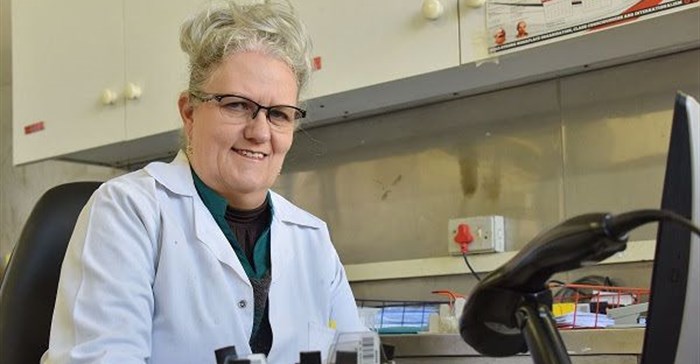
Related


High cholesterol and insulin resistance are rising among young South Africans – what that means for public health
Themba Titus Sigudu 16 Jan 2026

HIV funding still falls short of targets after pledges: what’s at stake
Melanie Bisnauth 5 Jan 2026



Top stories






More news


Marketing & Media
Ads are coming to AI. Does that really have to be such a bad thing?





















